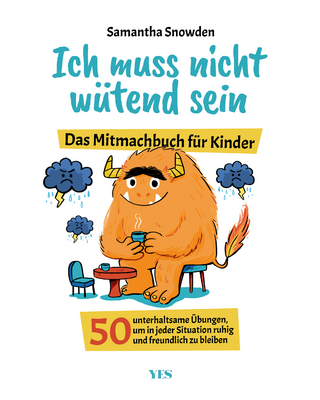
Does your Family Make You Smarter?
Cambridge University Press (Verlag)
978-1-107-15005-8 (ISBN)
Does your family make you smarter? James R. Flynn presents an exciting new method for estimating the effects of family on a range of cognitive abilities. Rather than using twin and adoption studies, he analyses IQ tables that have been hidden in manuals over the last 65 years, and shows that family environment can confer a significant advantage or disadvantage to your level of intelligence. Wading into the nature vs. nurture debate, Flynn banishes the pessimistic notion that by the age of seventeen, people's cognitive abilities are solely determined by their genes. He argues that intelligence is also influenced by human autonomy - genetics and family notwithstanding, we all have the capacity to choose to enhance our cognitive performance. He concludes by reconciling this new understanding of individual differences with his earlier research on intergenerational trends (the 'Flynn effect') culminating in a general theory of intelligence.
James R. Flynn is Professor Emeritus at the University of Otago, New Zealand, and a recipient of the University's Gold Medal for Distinguished Career Research. He is renowned for the 'Flynn effect', the documentation of massive IQ gains from one generation to another. Professor Flynn is the author of 12 books, including Are We Getting Smarter? (Cambridge, 2012), Where Have All the Liberals Gone? (Cambridge, 2008) and What Is Intelligence? (Cambridge, 2007), which caused many to rethink the prevailing theory of intelligence.
Part I. Human Autonomy: 1. Twins and autonomy; 2. Justice and freedom; 3. The great debate; 4. Slow and quick decay of family effects; 5. Reconciliation with twins and adoptions; 6. The fairness factor; Part II. Intelligence: 7. The Raven's revolution; 8. Learning from astronomy; 9. The meta-theory of intelligence; 10. Scientific theories of intelligence; 11. Psychology and Cardinal Bellarmine; Appendices.
| Erscheinungsdatum | 25.05.2016 |
|---|---|
| Zusatzinfo | 33 Tables, black and white; 1 Line drawings, unspecified |
| Verlagsort | Cambridge |
| Sprache | englisch |
| Maße | 155 x 235 mm |
| Gewicht | 520 g |
| Themenwelt | Sachbuch/Ratgeber ► Gesundheit / Leben / Psychologie ► Familie / Erziehung |
| Kinder- / Jugendbuch | |
| Geisteswissenschaften ► Psychologie ► Allgemeine Psychologie | |
| Geisteswissenschaften ► Psychologie ► Familien- / Systemische Therapie | |
| Geisteswissenschaften ► Psychologie ► Psychoanalyse / Tiefenpsychologie | |
| Geisteswissenschaften ► Psychologie ► Sozialpsychologie | |
| Geisteswissenschaften ► Psychologie ► Verhaltenstherapie | |
| Sozialwissenschaften ► Soziologie | |
| ISBN-10 | 1-107-15005-1 / 1107150051 |
| ISBN-13 | 978-1-107-15005-8 / 9781107150058 |
| Zustand | Neuware |
| Haben Sie eine Frage zum Produkt? |
aus dem Bereich


